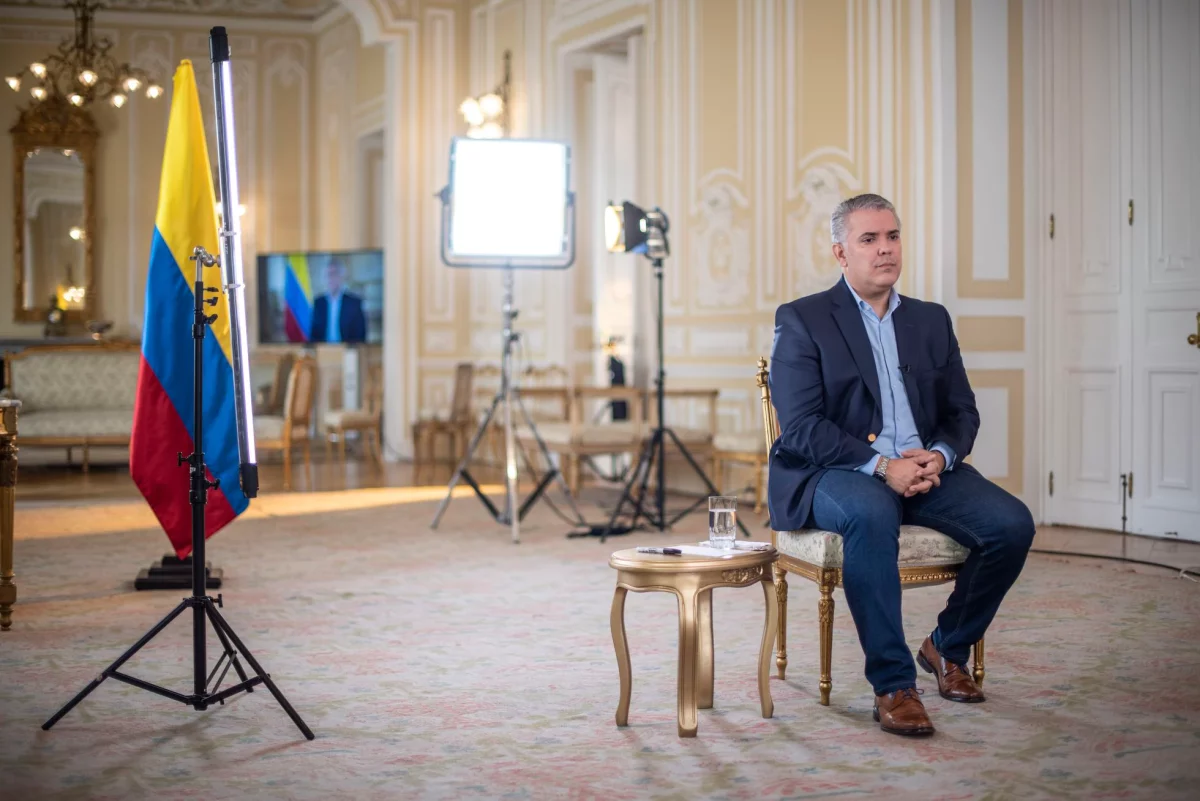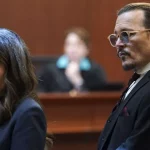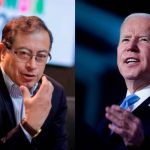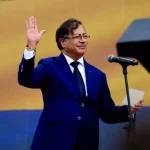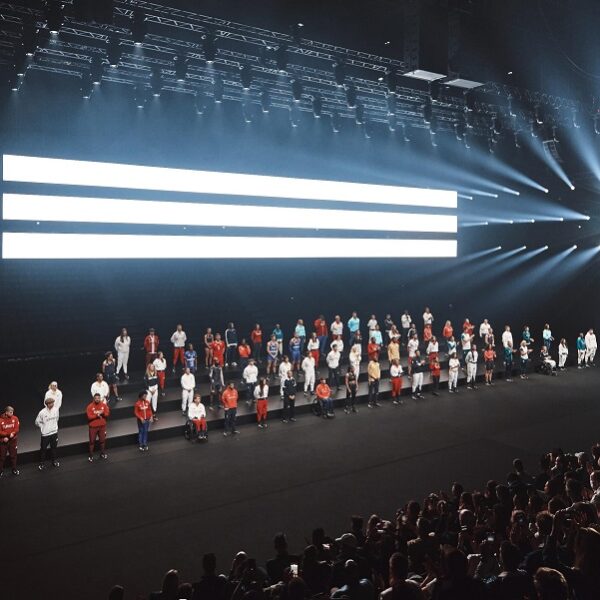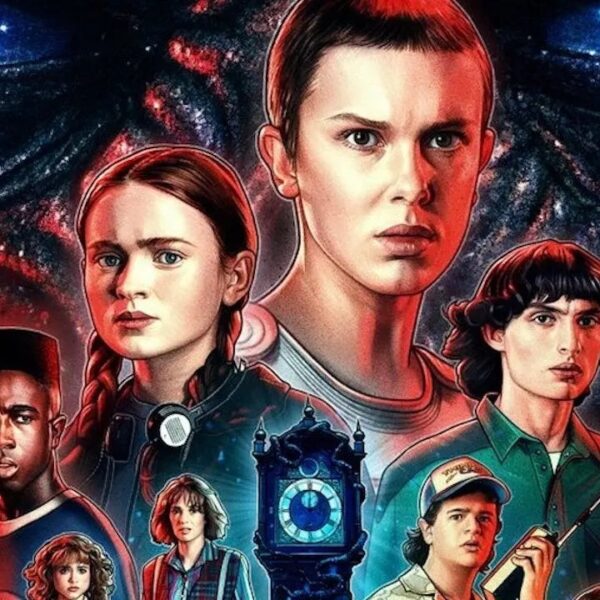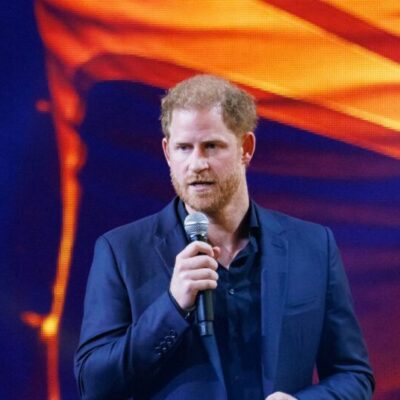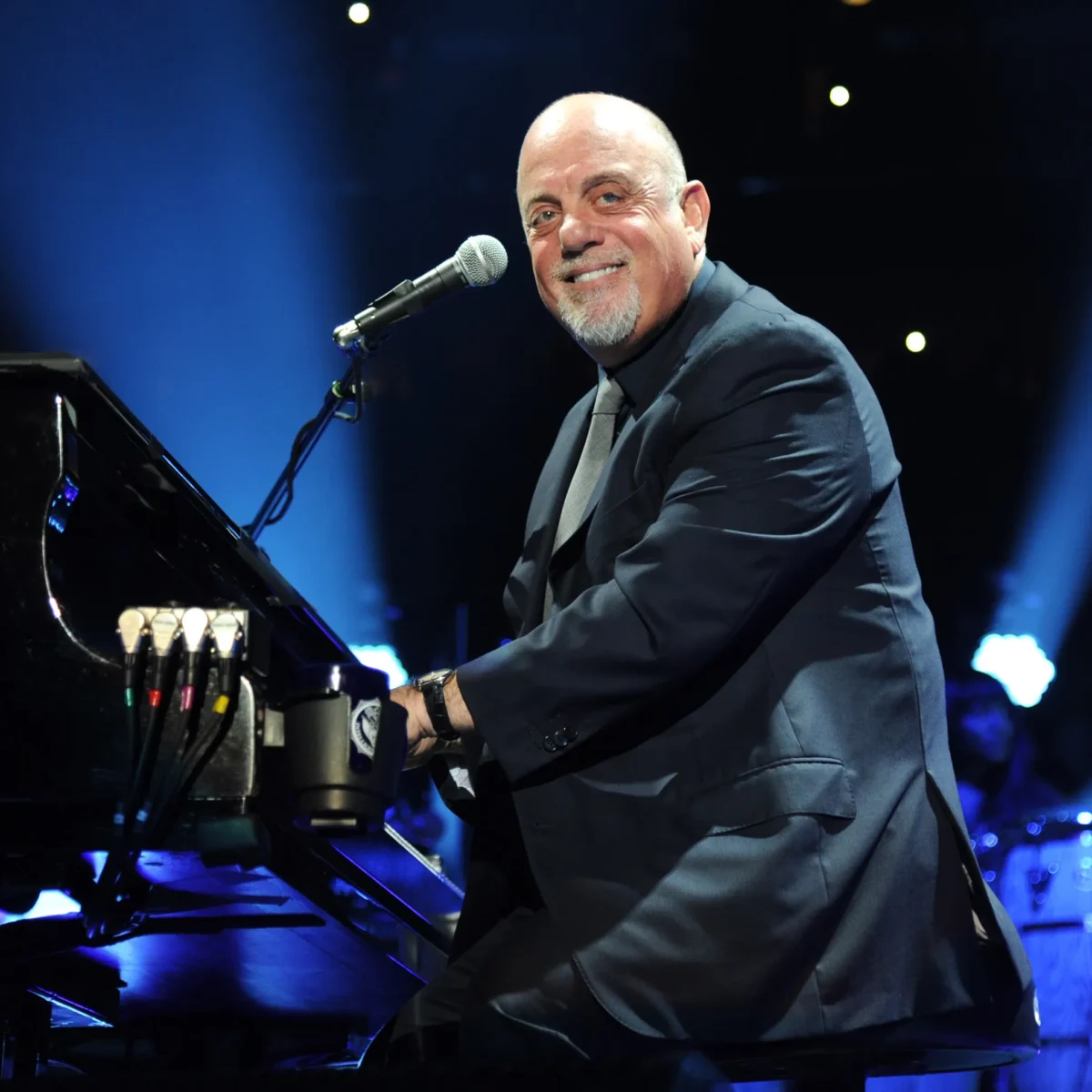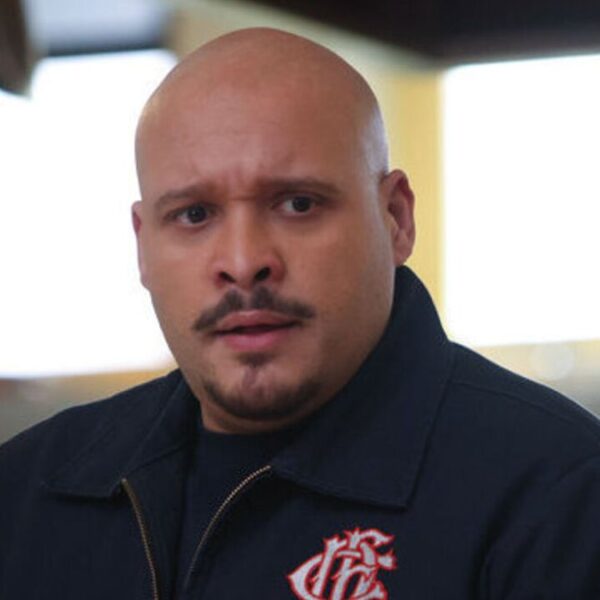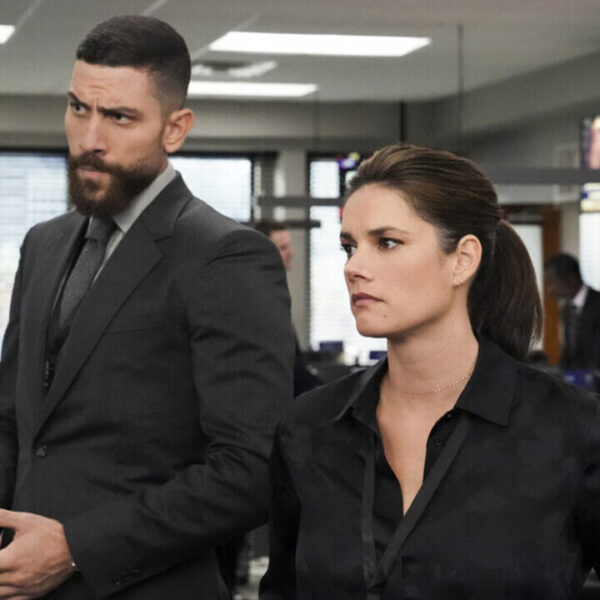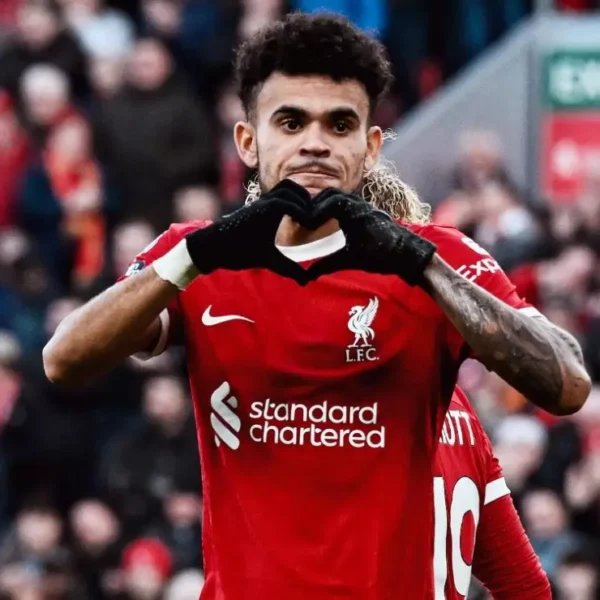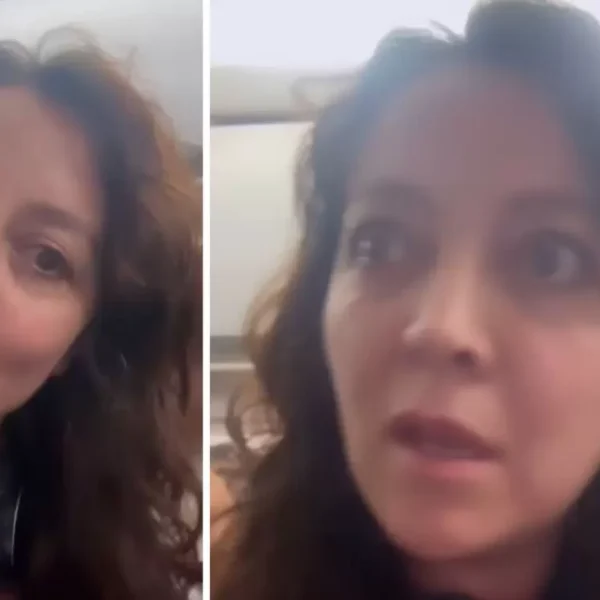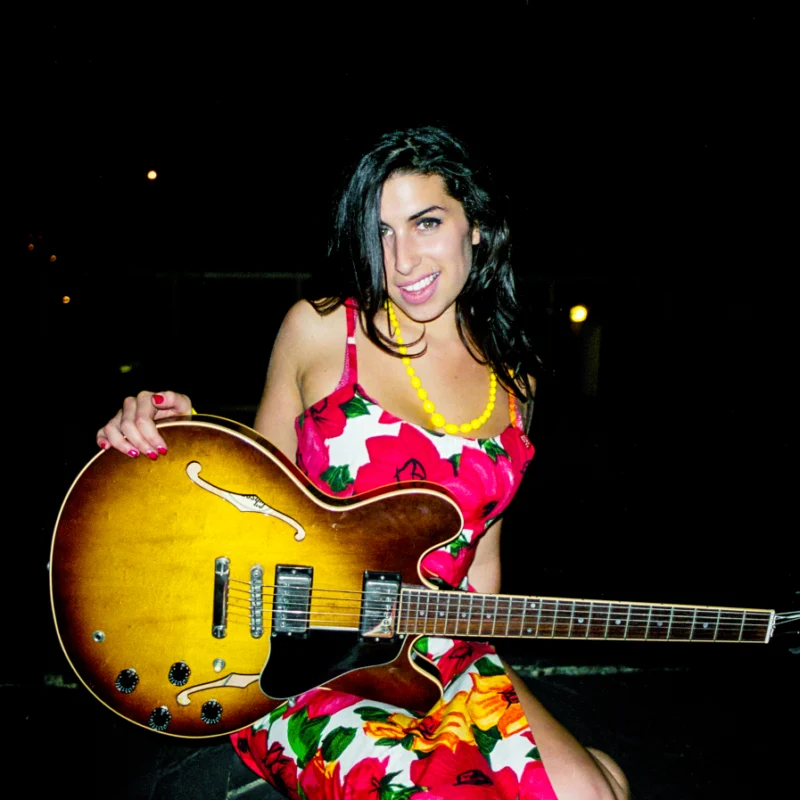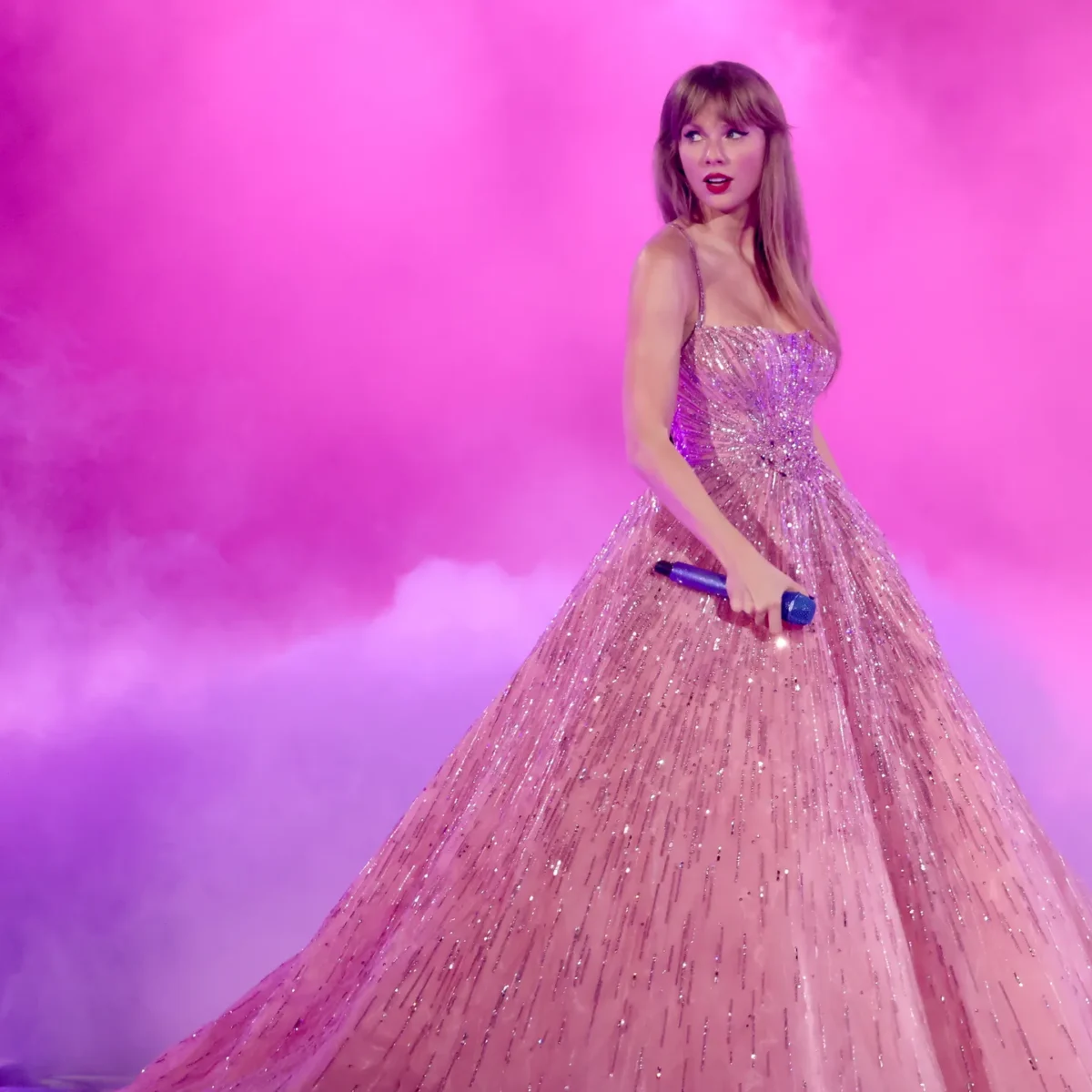The peace agreement with the extinct FARC guerrilla has been a turning point in Colombian politics. From the beginning it was clear that implementation was going to take time to settle and required the commitment of several governments. One of the biggest milestones of that historic pact, which is already more than five years old, materialized this Tuesday with the final report of the Truth Commission, a titanic effort to dignify the victims and shed light on the barbarity of a war of more than half a century. President Iván Duque did not attend the moving event at the Jorge Eliécer Gaitán theater in Bogotá. The outgoing president of the Colombians is in Lisbon, where he traveled for the United Nations Conference on the Oceans. A noisy absence.
“We invited the president and offered to deliver the report to him before anyone else,” but Duque excused himself, Jesuit Father Francisco de Roux, the president of the Commission, said in his speech. The moment he mentioned the name of the outgoing president, a loud whistle broke out among the public, made up mostly of victims of the armed conflict. That rejection contrasted with the presence of Gustavo Petro, the president-elect who will relieve him on August 7, received with cheers and chants of “yes it could.” Both politicians, who from their respective ideological shores have never hidden their mutual mistrust, have already held their first joint meeting, a cordial meeting last week at the Casa de Nariño.
In the final stretch of his mandate, Duque has spent the last few months dedicated to international tours. The president, a political godson of former President Álvaro Uribe, elected with the support of the sectors that opposed the peace talks, had also not attended the act of installation of the work of the Truth Commission in November 2018. The more than 300 attendees at that inaugural ceremony in a pavilion of the Corferias exhibition center in Bogotá included victims, perpetrators, politicians and figures from public life, but not the president, who instead attended a visit by the prime minister from the Netherlands, Mark Rutte.
The outgoing president was absent from several of the major events related to the peace agreements signed by his predecessor, Juan Manuel Santos (2010-2018). When Fragmentos was inaugurated in December 2018, the shocking “counter-monument” by artist Doris Salcedo, built with molten metal from FARC rifles in an old mansion in the heart of Bogotá, a few blocks from the Casa de Nariño, was also not present.
Who did walk on the metal plates intervened with hammer blows by women who suffered sexual abuse in the context of the armed conflict was the Nobel Peace Prize winner Denis Mukwege. The Congolese gynecologist, who has become the voice of the fight against sexual violence in Africa, made a four-day visit to Colombia in August 2019, in which he held meetings with victims, international cooperation organizations, congressmen, officials and religious organizations, but was unable to meet with Duque. “The Colombian people invited me and I am very happy and proud to be here and to share with the women who are part of the network of surviving women,” Mukwege declared at the time in an attempt to settle the controversy.
Duque promised during the campaign that he would not “tear up” the agreements, as demanded by the most intransigent sectors of his party, but he has maintained intermittent friction with the Comprehensive System for Peace, which includes both the Truth Commission and the Special Jurisdiction for Peace (JEP). He even proposed at the beginning of his mandate to modify that court of transitional justice by raising objections (objections) to the law that regulates the JEP, considered the backbone of the pact. That reform – encouraged especially by the hardest sector of the Democratic Center, the government party founded by Uribe – crashed with the rejection of Congress, at first, and later of the Constitutional Court. Among other striking gestures, the Executive banished the word “post-conflict” from official language.
Among so many absences, at least one presence is counted. Duque did attend the commemoration of the five years since the signing of the peace agreement, last November, at the JEP facilities, which has had strong support from the international community. There he met, among others, with the Secretary General of the UN, António Guterres. It was in this context that the president finally shook hands with Santos again in public, whom he has avoided mentioning by his name throughout his administration. That was the first meeting between the two politicians since the inauguration of Duque, on August 7, 2018. “The peace train that so many have wanted to derail or stop continues its course, continues to advance,” Santos said that day.
By contrast, in little more than a week as president-elect, Petro has positioned himself as an enthusiastic supporter of the deals. “Peace is that someone like me can be president or that someone like Francia (Márquez) can be vice president,” he said in his speech on election Sunday, in which he promised that peace would be one of the axes of his government. This Tuesday, upon receiving the Commission’s recommendations, he spoke of turning spaces of truth into spaces of reconciliation: “There are expectations of peace, of a great peace.”
